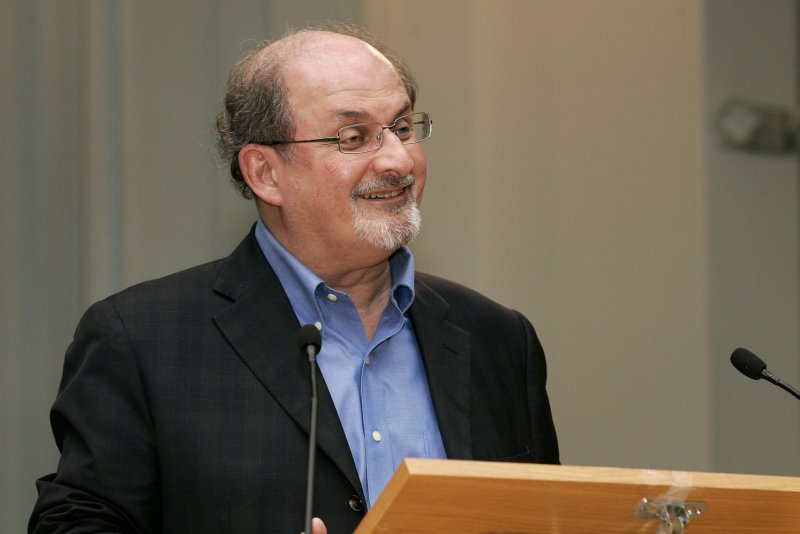Aug. 12 (UPI) -- The man who allegedly stabbed international novelist Salman Rushdie during an event in western New York on Friday has been identified by police as Hadi Matar.
Matar, 24, allegedly stabbed Rushdie, 75, around 10:47 a.m. on Friday before his scheduled lecture at the Chautauqua Institution, New York State Police Maj. Eugene Staniszewski said in a statement.















